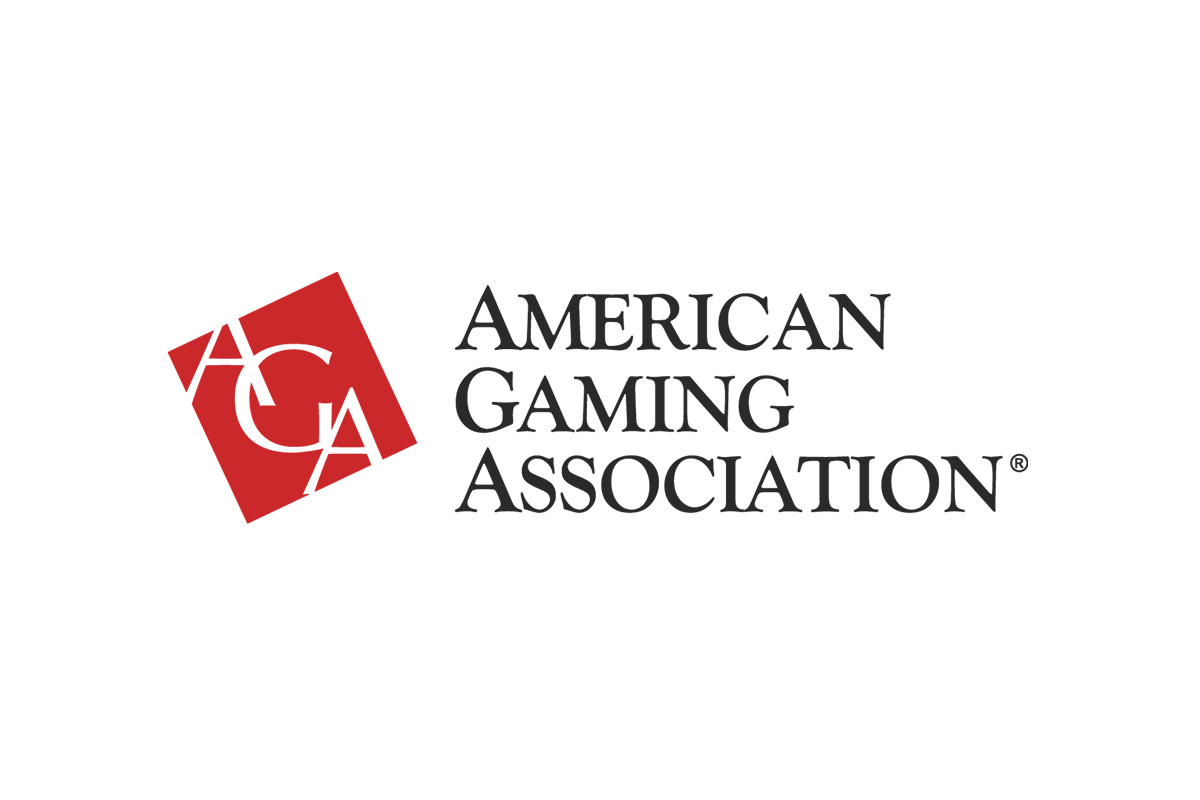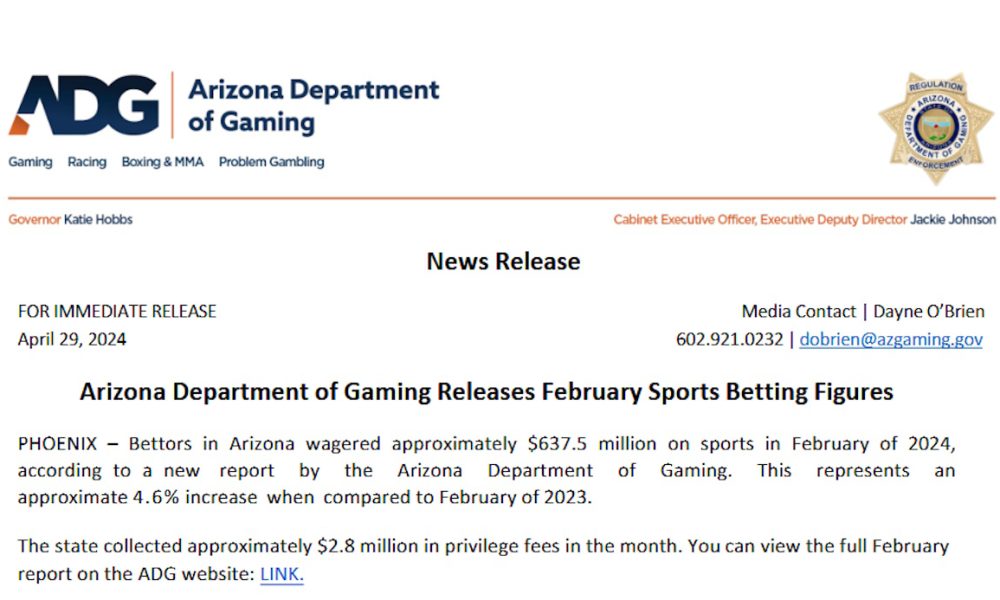

Compliance Updates
EGBA Demonstrates Commitment To GDPR With Sectoral Code Of Conduct For Data Protection
New Code establishes rules and best practices to strengthen data protection in the online gambling sector and is one of Europe’s first sector-specific initiatives to support compliance with the GDPR.
BRUSSELS, 10 June 2020 – The European Gaming and Betting Association (EGBA) has published a Code of Conduct on data protection which establishes dedicated sector-specific rules and best practices to ensure compliance with the EU General Data Protection Regulation 2016/679 and promotes the highest standards of data protection in the online gambling sector.
The Code of Conduct on Data Protection in Online Gambling sets long-term data protection standards for Europe’s online gambling sector and is intended to complement and reinforce the sector’s compliance with the GDPR. The Code is one of Europe’s first ever sector-specific self-regulatory initiatives to support compliance with the GDPR. The Code is part of EGBA’s wider efforts to drive standards in the online gambling sector and is in accordance with the GDPR, which encourages the use of sector-specific codes to support the proper application of its provisions[1].
The Code introduces specific measures and best practices on:
- Enhancing portability rights – including rules to enable customers to transfer their personal data from company to company in an easier and secure way (including rules for player account registration, transactions history, marketing preferences, etc).
- Supporting transparency – specifying what needs to be contained in a company’s privacy policy and which are the possible exceptions to the transparency principle, in view of the specificities of the sector.
- Protecting against breaches of personal data – online gambling companies are required to introduce a plan to prevent and/or mitigate against breaches of personal data.
- Establishing VIP accounts – how companies should establish player accounts for “VIP” customers in a way which respects privacy and the use of personal data.
- Safer gambling – how companies should balance a customer’s privacy rights against the need to protect them from problem gambling.
- Direct marketing – guidance on how to protect customer data during direct marketing and to prevent self-excluded customers from receiving direct marketing.
- Detecting fraud – measures to prevent fraud and ensure data is used to comply with applicable laws.
All EGBA members will adhere to the Code and it is also open for signature to other online gambling companies licensed in the EU/EEA. Compliance with the Code will be monitored by an independent third-party monitoring body.
In line with the requirements of the GDPR, the Code has now been submitted to the Maltese Data Protection Authority for formal approval of the Code’s compliance with GDPR. This is a process which involves data protection authorities in other EU countries, and the European Data Protection Board, and can last between 18-24 months.
“On the 2-year anniversary of the GDPR, issues around data protection, privacy and the use of personal data are still a concern for many European citizens. That’s why we’re pleased to introduce this new code which demonstrates the online gambling sector’s commitment to protecting the personal data of our 16.5 million customers and supporting the success of the GDPR. We’re pleased to be one of Europe’s first industry sectors to introduce a self-regulatory code which supports compliance with GDPR. Data, and how it is used, is playing an increasing important role in how citizens and business interact online – and the online gambling sector is no different. This code outlines how online gambling companies should ensure their customers understand how their personal data is being used and provides important guidance on how companies should use personal data in their interactions with customers, including how they identify and address problem gambling behavior in their customers.” – Maarten Haijer, Secretary General, EGBA.
[1] Article 40, General Data Protection Regulation 2016/679.
Compliance Updates
Gaming CEOs Optimistic on Industry Outlook, Report Evolving Industry Challenges

Amidst an evolving economic landscape, gaming executives report a positive outlook on future industry business conditions while remaining satisfied with the current business environment, according to the American Gaming Association’s (AGA) Gaming Industry Outlook.
Nearly all gaming executives surveyed characterized the current business environment as good (44%) or satisfactory (50%), mirroring similar sentiment from Q3 2023. Meanwhile, executives are more optimistic about future conditions, with 32 percent of CEOs expecting business conditions to improve over the next six months, up from 20 percent in Q3 2023.
“Gaming’s record-setting growth over the last three years has set a new standard for industry success,” said AGA President and CEO Bill Miller. “However, as we enter a period of market normalization, continued investment and innovation in offering world-class, responsible entertainment experiences will be required to maintain industry momentum.”
Gaming Executive Panel
Gaming executives have become more positive in their views that overall balance sheet health will improve over the next 6 months (42% net positive), but they expect the pace of revenue growth (13% net negative) and new hiring (22% net negative) to slow. These expectations for decelerating growth have influenced expectations for increases in capital investment and gaming units in operation, with smaller net positive sentiments than before.
- In contrast to past Outlooks, gaming equipment suppliers are slightly pessimistic about the sale of gaming units for replacement use and new or expansion use (both 13% net negative). However, they remain optimistic about the pace of capital investment (38% net positive).
- Half of operator CEOs expect capital investments in hotels over the next year to be higher than normal, and compared to last fall, more also expect higher than normal levels of capital investment in meetings and conventions and table games (28%). Meanwhile, 44 percent of CEOs expect increases in food and beverage investment, down from 67 percent in Q3 2023.
These expectations are also informed by evolving macroeconomic challenges. Executives report that inflationary or interest rate concerns continue to be a major factor limiting operations (28%), but these have been overtaken by geo-political risk (34%) and uncertainty of the economic environment (34%) as the biggest limiting factors in the most recent Gaming Executive Panel.
Current Conditions Index
The Current Conditions Index of 102.8 for Q1 indicates solid annualized real economic growth in the industry of 2.8%. This includes gaming revenue, employment and employee wages and salaries. Notably, the Current Conditions Index shows gaming expanding faster than the overall U.S. economy which last week reported 1.6 percent GDP growth in Q1 2024.
Future Conditions Index
The Future Conditions Index stands at 102.2, indicating annualized industry economic activity, after controlling for underlying inflation, is expected to moderately increase over the next six months. This outlook reflects Oxford Economics’ forecast that the U.S. economy will slow during 2024 but avoid recession. Despite a projected economic slowdown, consumer survey results continue to indicate that more than one-third of adults expect to visit a casino during the next 12 months, consistent with prior quarter results.
About the Outlook
The AGA Gaming Industry Outlook is prepared biannually by Oxford Economics. It provides a timely measure of recent industry growth and future expectations. The Q1 2024 survey was conducted between March 28 – April 10, 2024. A total of 32 executives responded, including executives at the major international and domestic gaming companies, tribal gaming operators, single-unit casino operators, major gaming equipment suppliers, and major iGaming and/or sports betting operators.
Compliance Updates
Arizona Department of Gaming Releases February Sports Betting Figures

PHOENIX – Bettors in Arizona wagered approximately $637.5 million on sports in February of 2024, according to a new report by the Arizona Department of Gaming. This represents an approximate 4.6% increase when compared to February of 2023.
The state collected approximately $2.8 million in privilege fees in the month. You can view the full February report on the ADG website: LINK.
Arkansas
North Carolina Lawmaker to Introduce Bill to End College Player Prop Bets

North Carolina legislator intends to introduce legislation to ban college player prop bets, according to a staff member.
North Carolina State Representative Marcia Morey, D-Durham, a former Olympic swimmer, will submit a bill by the bill filing deadline on Thursday to ban these bets, Hannah Smith, Administrative Assistant, told Gambling.com on Monday.
The North Carolina Legislature began meeting in Raleigh on April 24 with the session set to end on July 31.
Recently, NCAA President Charlie Baker, a former Massachusetts governor, called upon states to ban college player prop bets, which is short for proposition bets. Baker said these bets, based on an athlete’s individual performance such as the over/under on the number of rebounds the player might record, could undermine the integrity of games and lead to harassment of players.
Former North Carolina Tar Heel star Armando Bacot is among athletes who have expressed concern about harassment. Bacot said he heard from fans angry that he didn’t get enough rebounds in an NCAA tournament game against Michigan State – a game the Tar Heels won.
College Prop Bets Allowed in Some States
Some states already ban these bets, while others including Louisiana, intend to impose a ban this summer before the college and pro football seasons begin.
In other states, the proposed ban has met with resistance.
During a recent interview on The Edge, Arkansas casino executive Carlton Saffa told Gambling.com a ban would drive bettors to unregulated offshore sportsbooks or illegal bookies. He said a better solution is to keep those bets legal in regulated markets where irregularities can be spotted.
“Sunshine is the best disinfectant,” Saffa, the Chief Marketing Officer for the Saracen Casino Resort in Pine Bluff, Arkansas, said.
College player prop bets remain legal in Arkansas.
In North Carolina, where statewide mobile sports betting became legal in March, State Representative Jason Saine, R-Lincoln, said in a story on the WNCN-TV website that a college player prop ban is ‘a solution in search of a problem’. If athletes are being harassed, he said, campus police should crack down on those making the threats and make an example of them. A ban won’t stop the problem, Saine said.
“If we ended (player prop bets) tomorrow, this kind of behavior would still continue with fanatical people,” Saine said. “Follow rules of society, you don’t threaten anybody, or you shouldn’t be. And, that’s kind of my take on it. I don’t think we need a whole new set of rules to pursue something like that.”
Morey, the lawmaker proposing the ban, said people are ‘forgetting about the individuals who are actually playing the game and having the pressure on them’.
“Let’s give them a break,” she said.
-

 gaming2 years ago
gaming2 years agoODIN by 4Players: Immersive, state-of-the-art in-game audio launches into the next generation of gaming
-
EEG iGaming Directory7 years ago
iSoftBet continues to grow with new release Forest Mania
-
News6 years ago
Softbroke collaborates with Asia Live Tech for the expansion of the service line in the igaming market
-
News5 years ago
Super Bowl LIII: NFL Fans Can Bet on the #1 Sportsbook Review Site Betting-Super-Bowl.com, Providing Free Unbiased and Trusted News, Picks and Predictions
-
iGaming Industry6 years ago
Rick Meitzler appointed to the Indian Gaming Magazine Advisory Board for 2018
-
News5 years ago
REVEALED: Top eSports players set to earn $3.2 million in 2019
-
iGaming Industry6 years ago
French Senator raises Loot Boxes to France’s Gambling Regulator
-
News6 years ago
Exclusive Interview with Miklos Handa (Founder of the email marketing solutions, “MailMike.net”), speaker at Vienna International Gaming Expo 2018












